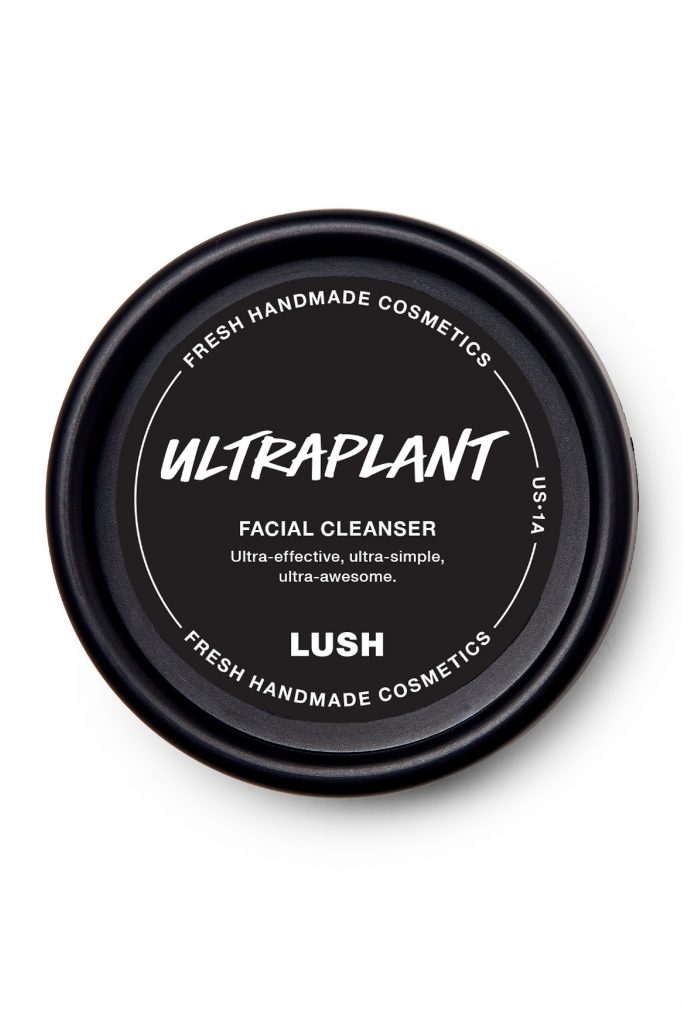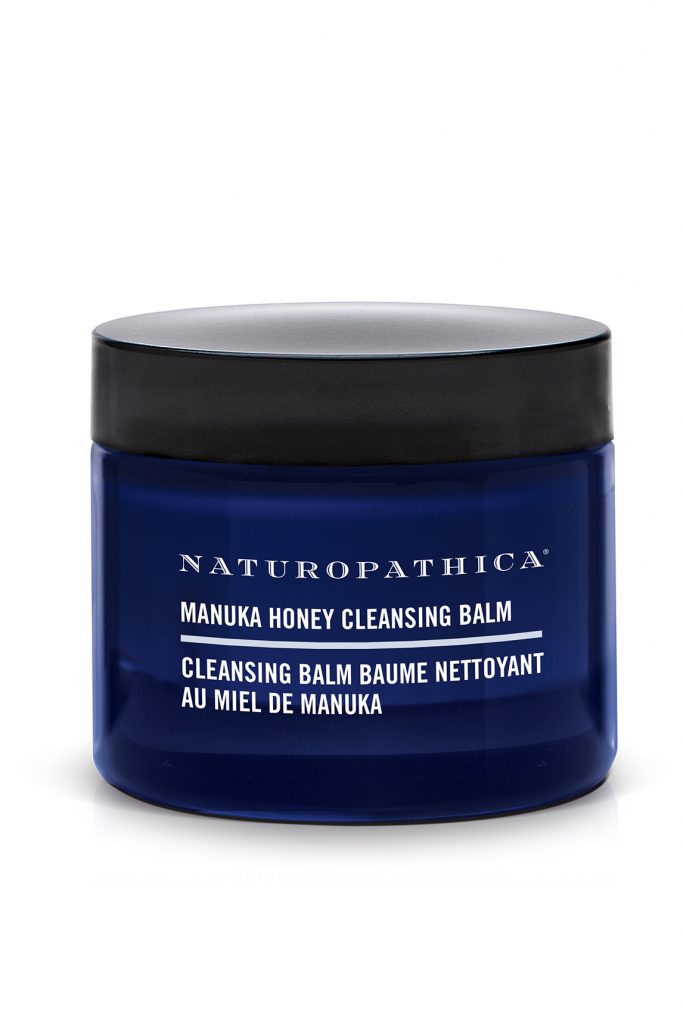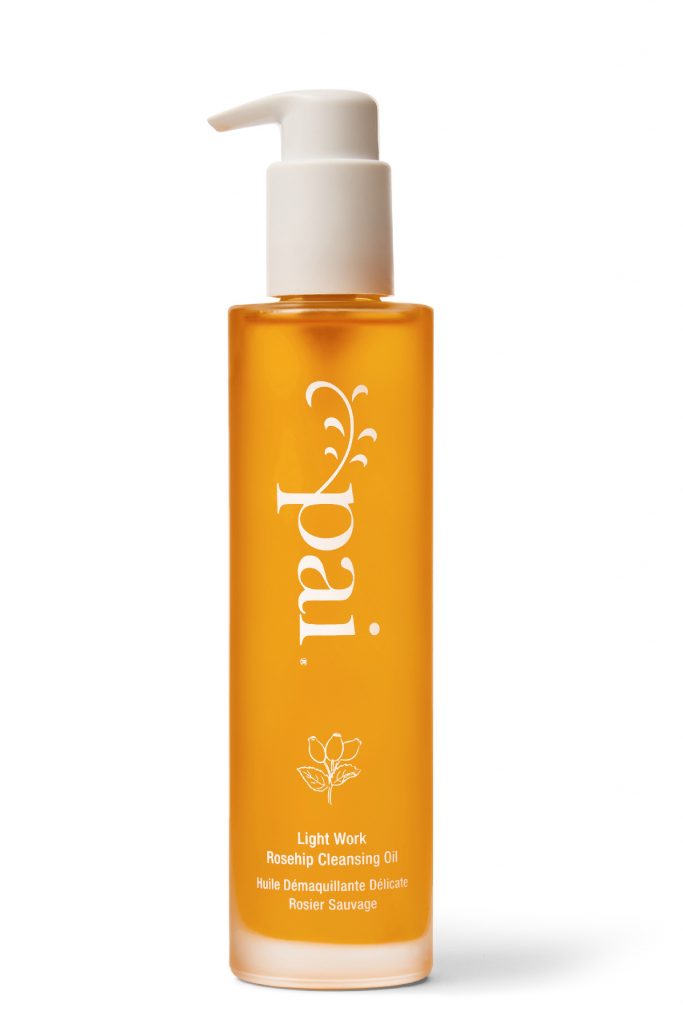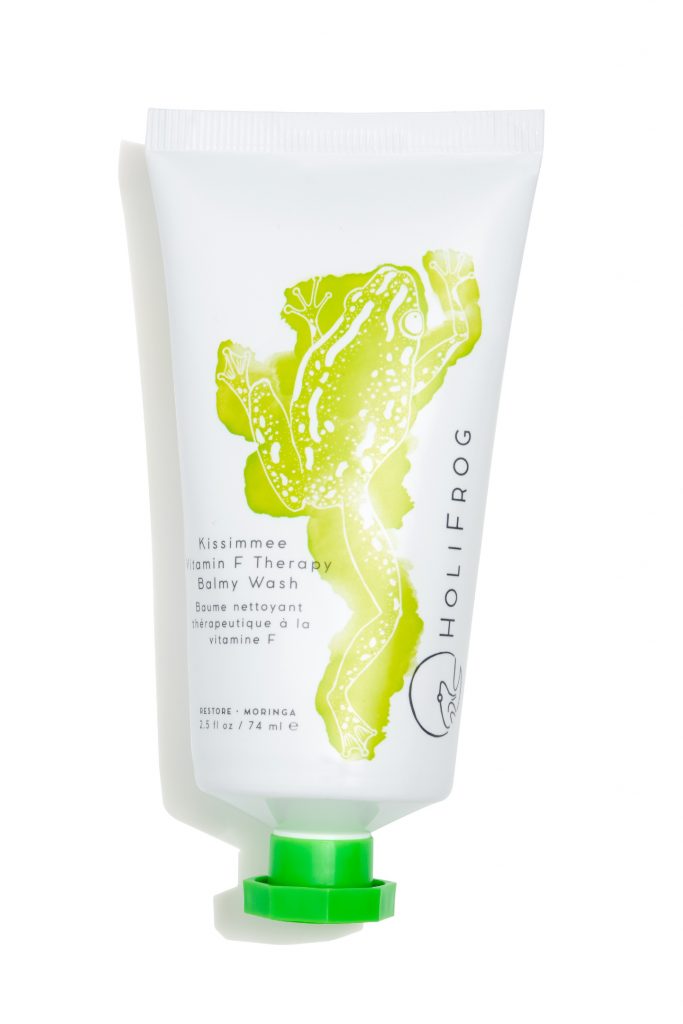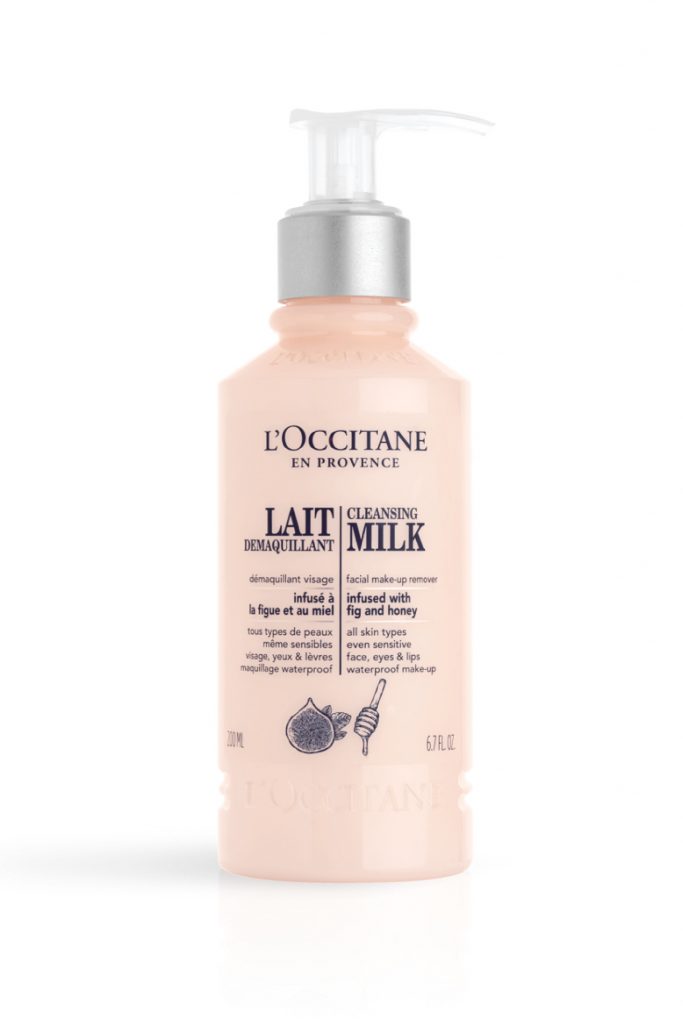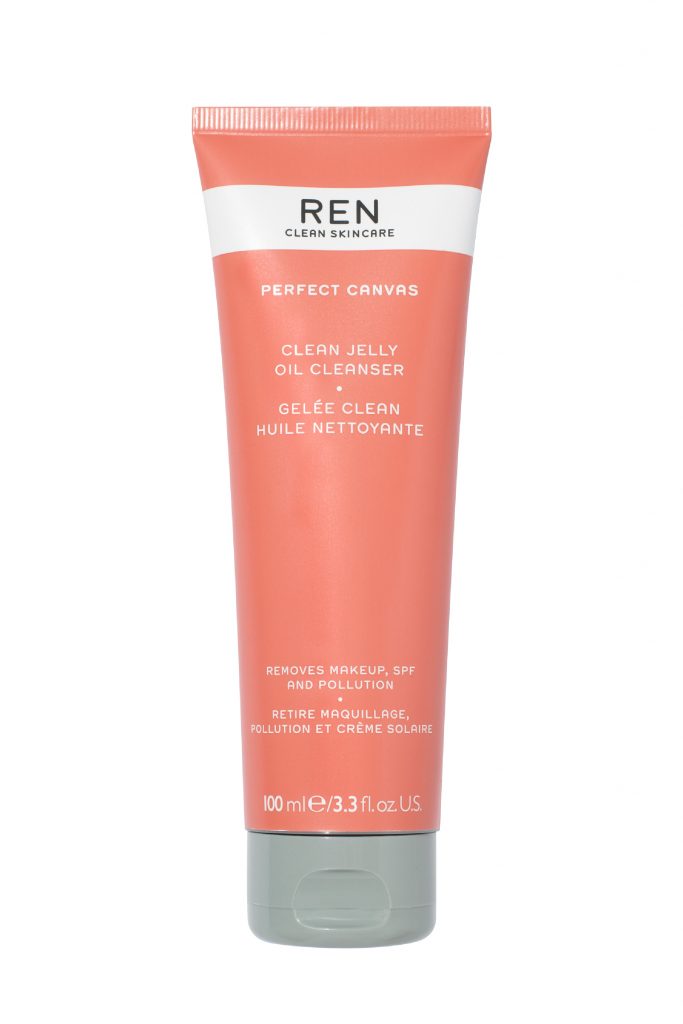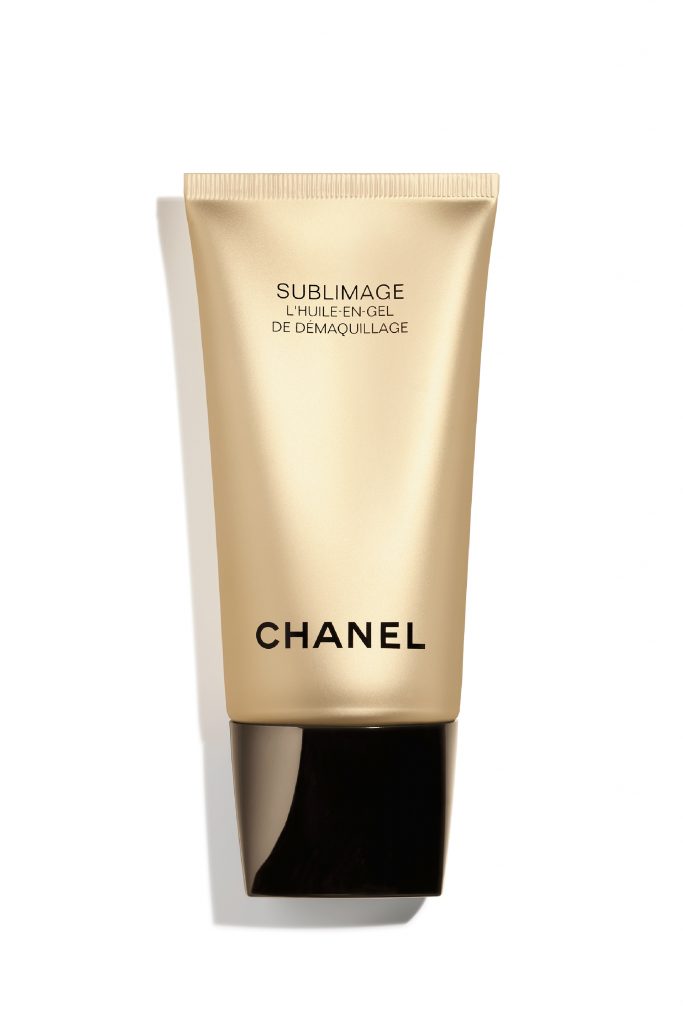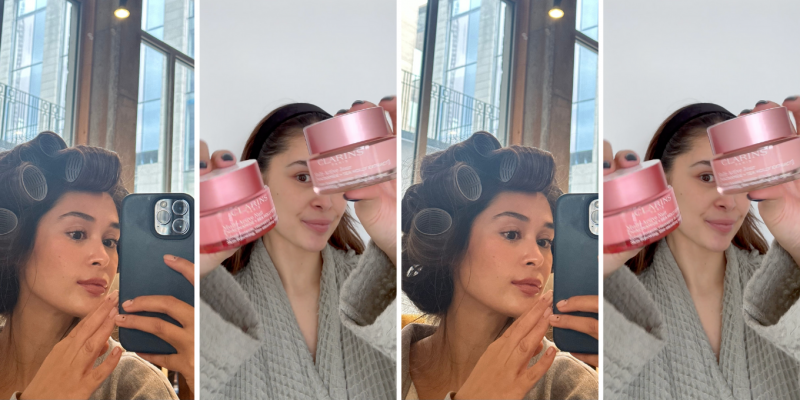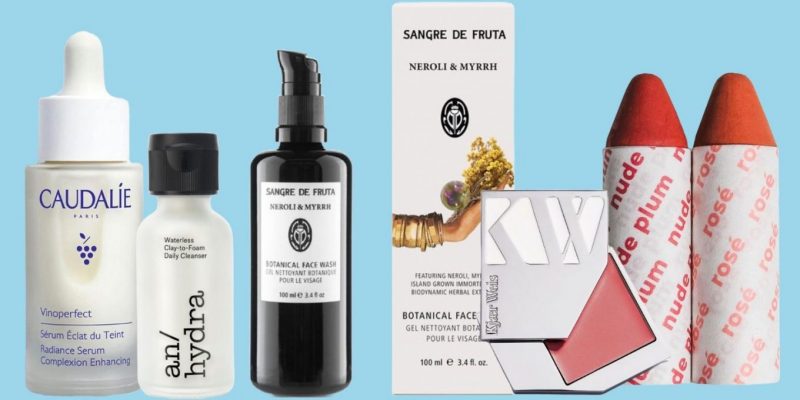Skincare
What We've Been Taught About How to Wash Our Face Is All Wrong
Cleansing smarter - not harder - is the best approach.
by : Lesa Hannah- Jan 22nd, 2020
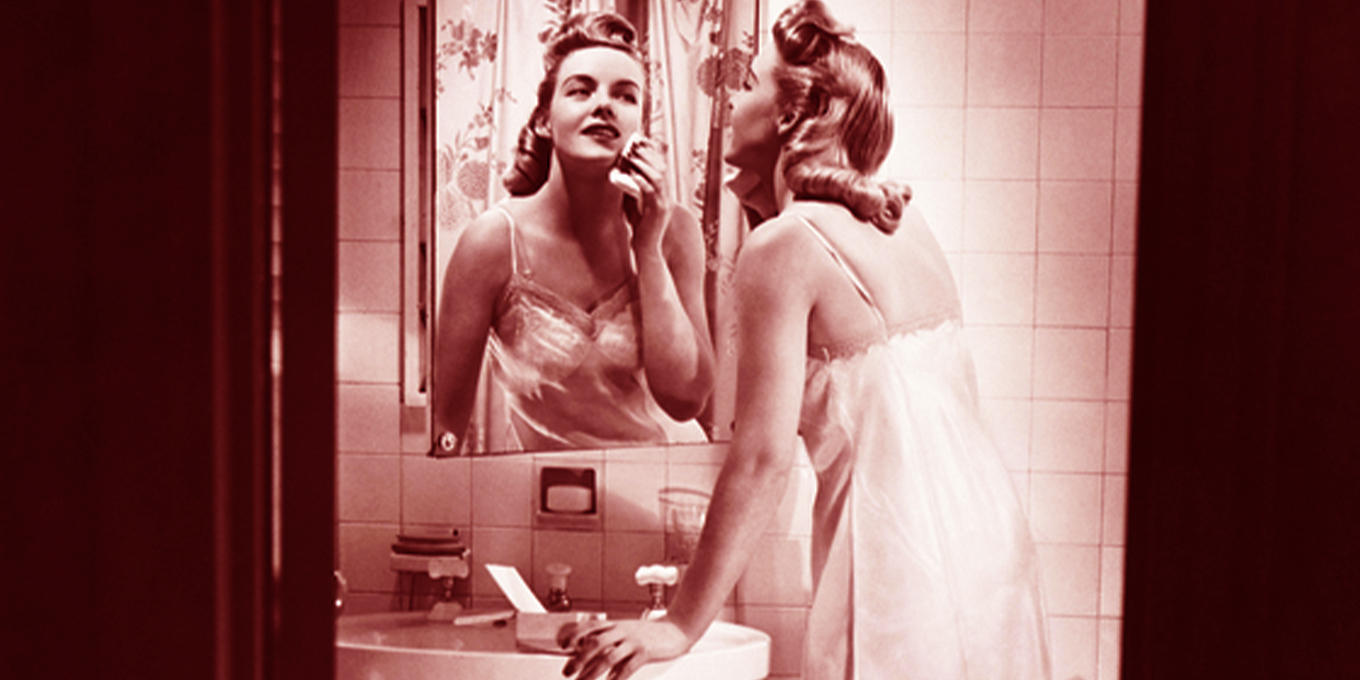
Getty
While in college overseas in Italy, Emily Parr would browse through pharmacies and apothecaries looking for new facial cleansers while her classmates visited the local duomo and other historical landmarks. Plagued with acne, Parr, now the co-founder of a collection of cleansers called HoliFrog, was convinced that the right wash would be the solution to her breakouts. “I came back from Italy with a duffle bag full of cleansers,” she says.
Parr’s strategy for attempting to fix her skin is not uncommon. “Most people are overcleansing,” confirms San Francisco-based facialist Kristina Holey. The logic behind the approach is that if we scrub away frequently and furiously, surely the skin will clear up. “We have been raised to fear oil and all bacteria, thinking they are the cause of skin problems,” says Holey. “We wash so much because it’s a social norm,” adds Dr. Sandy Skotnicki, a Toronto-based dermatologist and author of Beyond Soap: The Real Truth About What You Are Doing to Your Skin and How to Fix It for a Beautiful, Healthy Glow. “The problem is it’s kind of spiralling: People are having reactions, sensitive skin is an epidemic, which I think is mostly self-induced, and it goes on and on.”
It’s an issue that Sarah Brown, founder of Pai Skincare, has noticed. Customers who had unknowingly been using a harsh cleanser would contact the brand and ask for a suggestion for a moisturizer for their reactive, dehydrated skin. “What we found a lot is that we’d fix people’s cleansers and the problem would go away,” she says. That’s because cleansing with consistency as a plan of attack backfires as it removes important bacteria and lipids and alters the pH too much. “This makes us more vulnerable to sensitization and inflammatory conditions such as dermatitis, acne and rosacea,” adds Holey. Add in hot water (which is a solvent), plenty of foam and some mechanical exfoliation and you’ve got a disrupted barrier that’s primed for irritation, says Skotnicki. “We need to hammer home the idea that when you wash yourself, whether it’s your face or your body, you’re damaging [your skin], so you want to wash properly,” she says.
“Parr also advocates rethinking how we view the task of cleansing and not seeing it as something to get out of the way.”
The correct way, according to the experts, starts with cleansing less. The benefits of this “are that you allow your body to build the barrier layer and let all the components get to work: acid mantle, bacteria, lipid layer,” says Holey. “All of these parts protect us and support healthy skin.” Both Holey and Skotnicki feel that cleansing in the morning can be skipped entirely. “Your body worked hard to repair itself while you slept, so removing it all seems unnecessary,” says Holey of the skincare you applied the night before. Washing at night, however, is imperative for removing makeup, sunscreen and pollution.
Then there’s the question of what to use. Holey prefers oils – they’re all she uses herself – and believes they work for all types of skin. “They can interact with our own oils, helping to remove debris or any clogged oil deep within the pore,” she says. “Therefore they’re really good for breakout-prone skin.” Skotnicki doesn’t even use water to wash her face anymore – only micellar cleanser – and would love everyone to use a milk cleanser and steer clear of anything “heavily foaming.”
The problem with many cleansers is that they lather too much. “If you look at the majority of the non-oil-based ones on the market, the first ingredient is water and then the next four to five ingredients are surfactants,” says Parr, referring to the cleansing agents that remove dirt and oil from skin. “They’re all just huddled right there at the top of the ingredient deck, and that was a huge problem for me,” she says of the harsh, stripping formulas. The four cleansers in her line all include oils, which she believes are “a great way to whisk away debris” and “the best way” to remove makeup without leaving the face feeling tight.
In addition to suggesting a different approach, Parr advocates rethinking how we view the task of cleansing and not seeing it as something to get out of the way: “Most people see washing their face as just an annoying step, equating it with taking a shower or brushing their teeth.” Instead, she says, we should treat it like a ritual that is to be done at the sink without being rushed through and to be enjoyed as much as applying a serum or cream. To drive that point home, Parr consciously refers to her brand’s cleansers as “washes” to communicate a ceremonial aspect and the sense that they’re higher end. “And I think it’s just a more beautiful word,” she adds.
Editor’s Take:
I think about washing my face long before I get home. This is partly because as devoted as I am to sunscreen, I really look forward to removing it. I also can’t wait to take off the makeup that has migrated below my eyes, into my fine lines and under the bridge of my glasses. My anticipation also means that cleansing is never the last thing I do before going to sleep, when I’m more likely to cut corners because I’m dying to fall into bed. Plus, I enjoy the process, and that only started for me when I learned about what the British call hot-cloth cleansing from MV Organic Skincare founder Sharon McGlinchey. It involves applying a cleanser to dry skin – I prefer balms, but an oil will also do – and massaging it in while it melts down all the product and grime on your face. Next you take a warm, steamy washcloth, place it over the face for five seconds and then gently wipe everything away. This isn’t some thoughtless, slapdash power wash done with a wipe (no – never, ever). This technique makes the whole step feel special and self-indulgent, and it underscores the importance of the task. The blood gets circulating, and my skin feels sparkling clean but soft. The day has been removed, my face is back to its natural, unencumbered state and all is right with the world. -LH
Shop Our Cleansing Picks
Lush Ultraplant Facial Cleanser ($19)
Naturopathica Manuka Honey Cleansing Balm ($68)
Pai Skincare Light Work Rosehip Cleansing Oil ($70)
HoliFrog Kissimmee Vitamin F Therapy Balmy Wash ($55)
L’Occitane Cleansing Milk ($29)
Ren Clean Skincare Perfect Canvas Clean Jelly Oil Cleanser ($42)
Chanel Sublimage L’Huile-en-Gel de Démaquillage ($140)
This article originally appeared in the February 2020 issue of ELLE Canada. Subscribe here.
Newsletter
Join our mailing list for the latest and biggest in fashion trends, beauty, culture and celebrity.
Read Next

Beauty
The Best Met Gala Beauty Looks Of All Time
From Taylor Swift's 'Bleachella' era to Rihanna's iconic 2011 braids, meet the best beauty moments in Met Gala history.
by : Katie Withington- Apr 26th, 2024

Culture
Benny Blanco Says He Fell in Love With Selena Gomez Without ‘Even Noticing’ It
Allow Benny Blanco to tell the straight-from-a-rom-com story of how he realized his feelings for his girlfriend and longtime friend.
by : Alyssa Bailey- Apr 26th, 2024
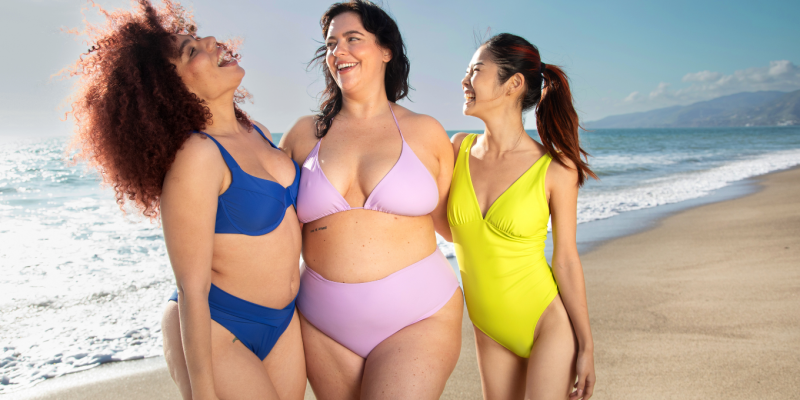
Beauty
Summer Prep: How to Feel Confident in Your Swimsuit
New Size-Inclusive Swimwear: Gillette Venus partners with The Saltwater Collective to Launch a Collection for Any Body
by : ELLE Canada- Apr 24th, 2024

